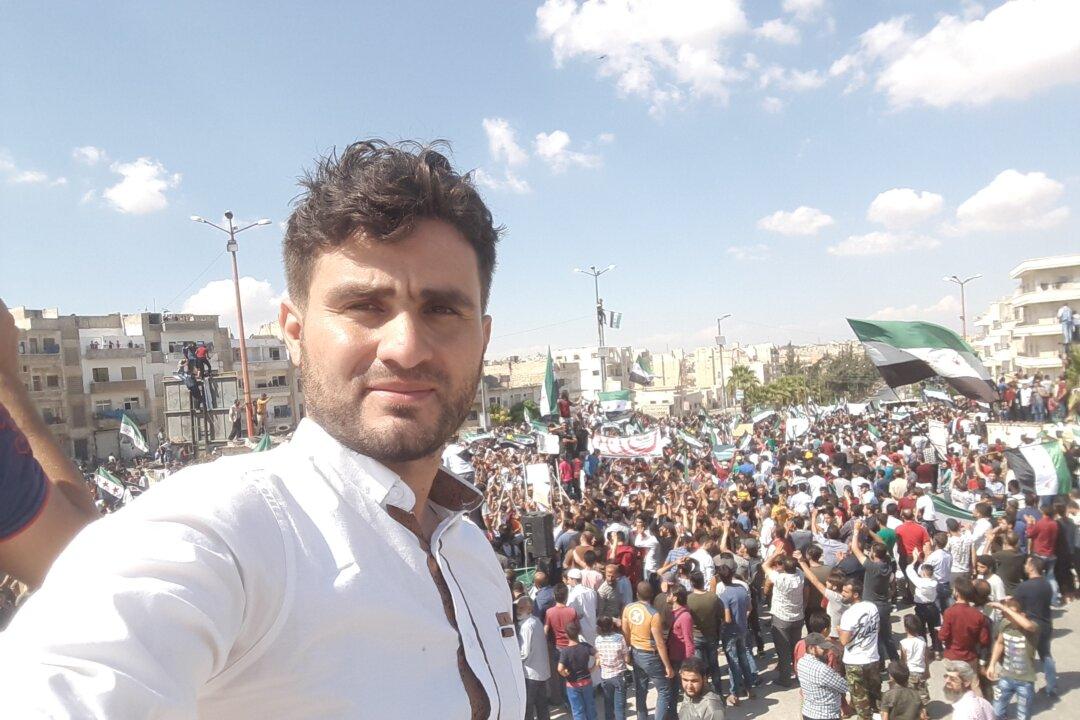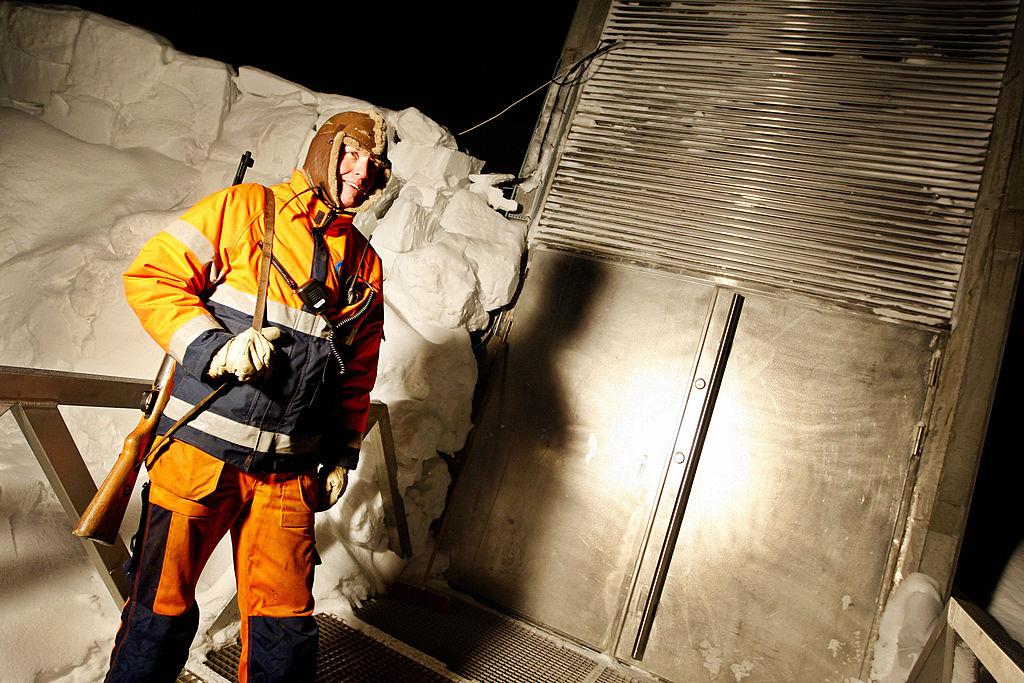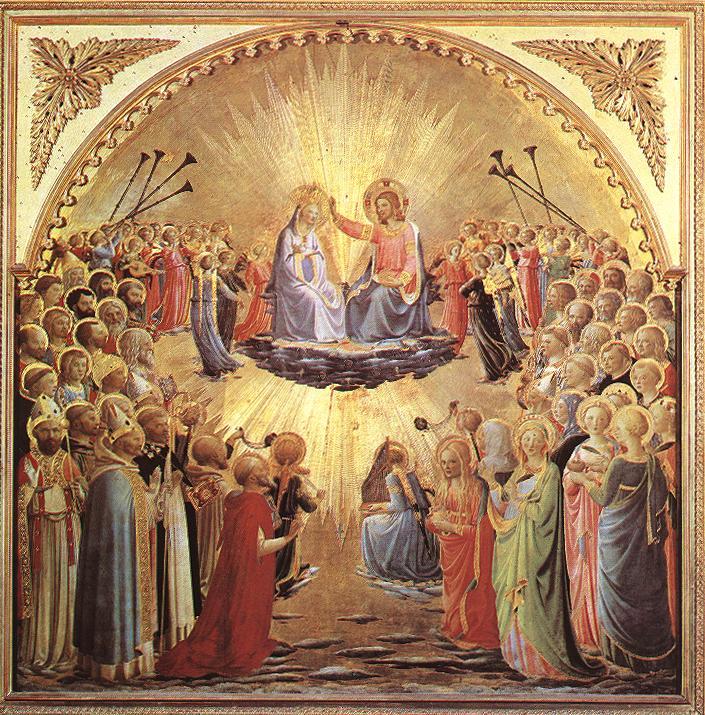TEL AVIV, Israel—A few years ago, Abdulkafi Alhamdo stood in front of his class of 9- to 10-year-old children in Aleppo, which was under attack by Syria’s Assad regime at the time. It was a makeshift classroom, the living room of an abandoned apartment, and there was a smell of destruction in the air.
Soon after the class started there was a knock on the door and one of his pupils, Amran, stood there. After Alhamdo asked him why he was late, he said in a choked voice: “My father and my sister were killed yesterday in the attack. I came to tell you.”




